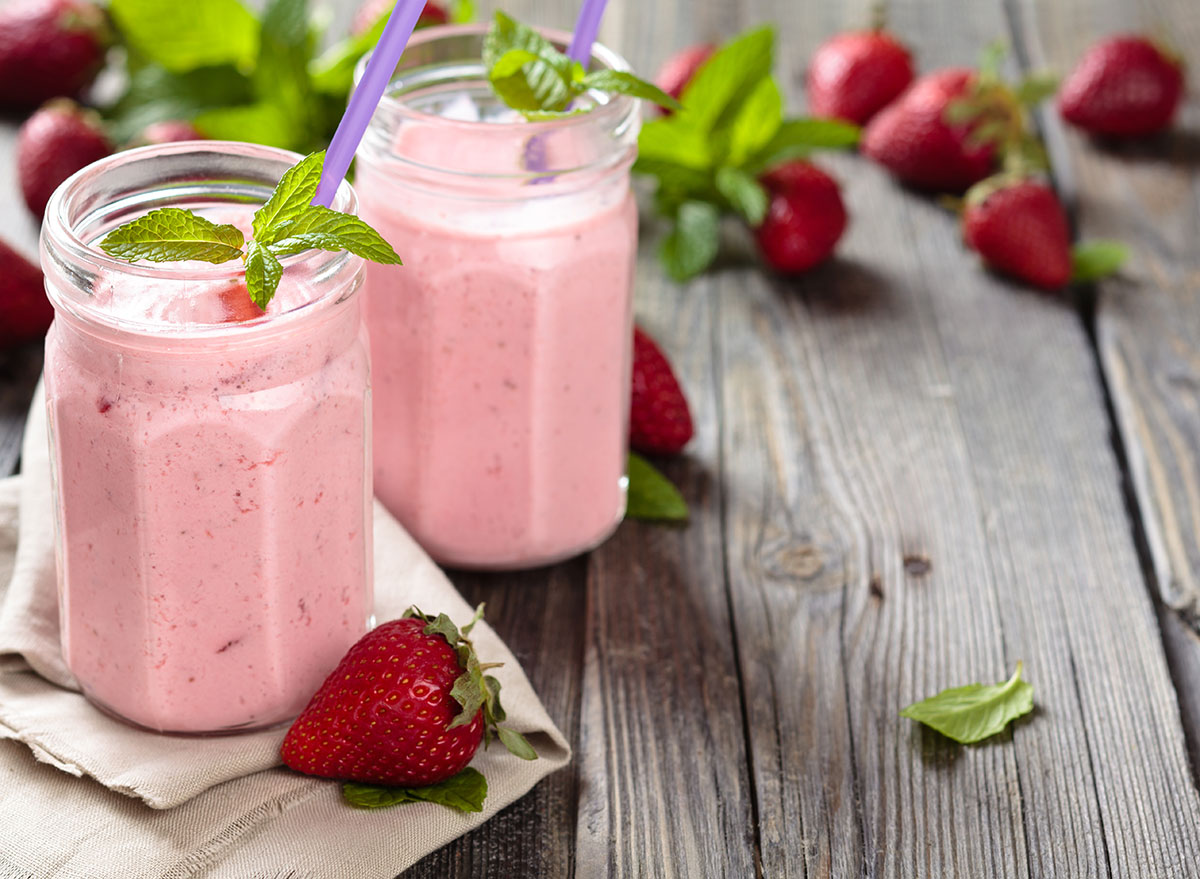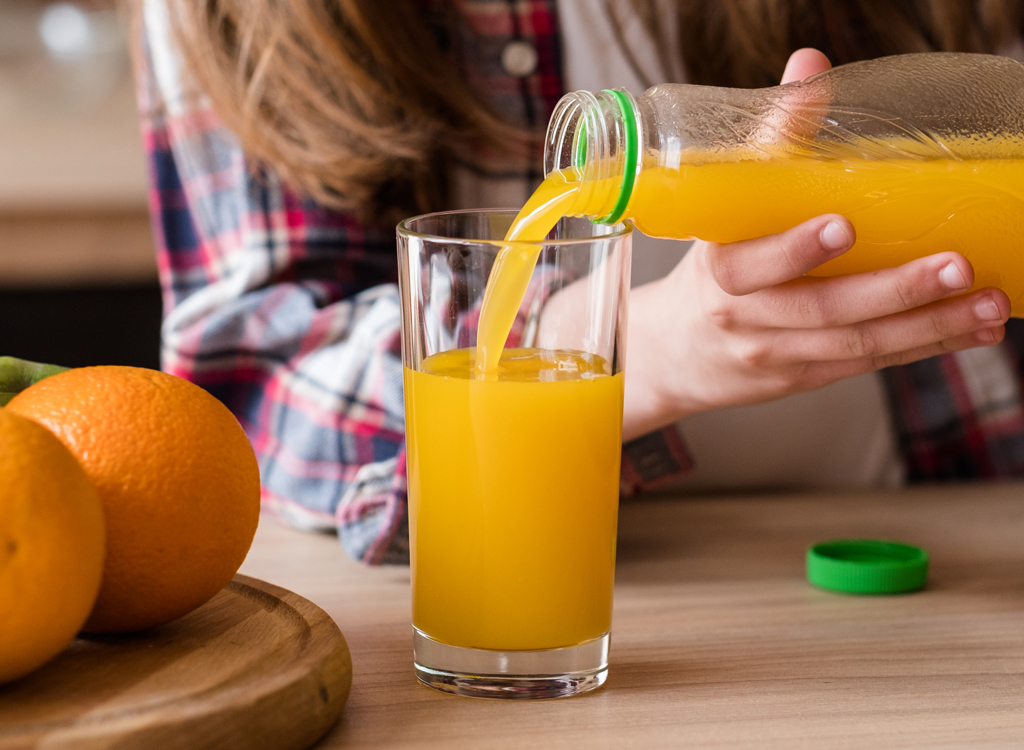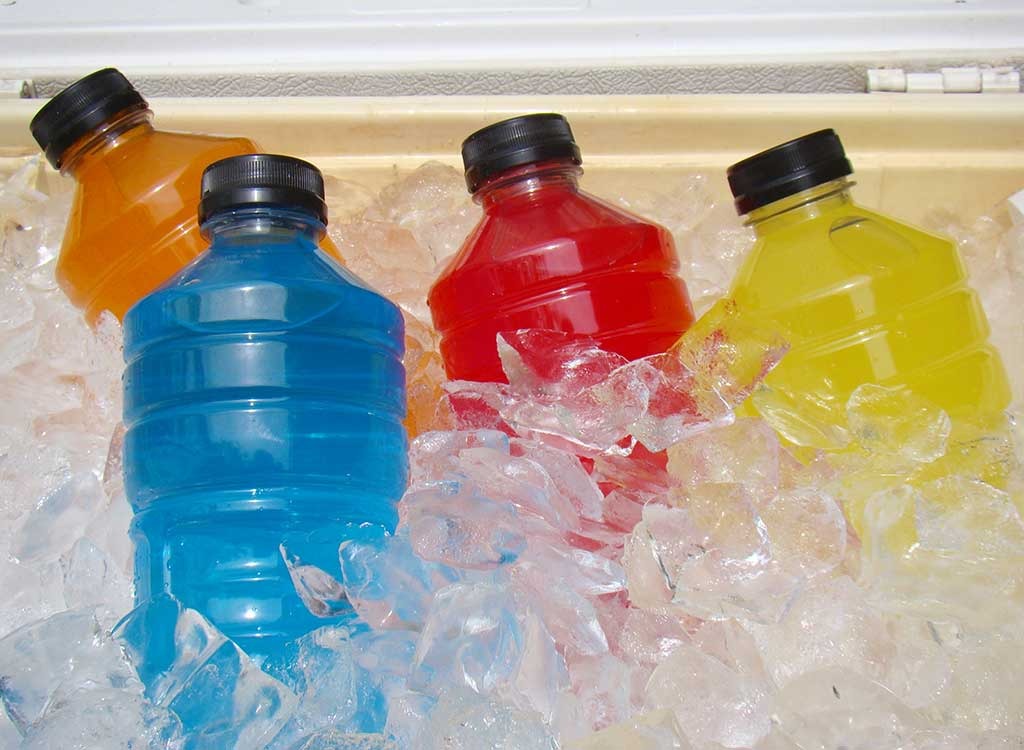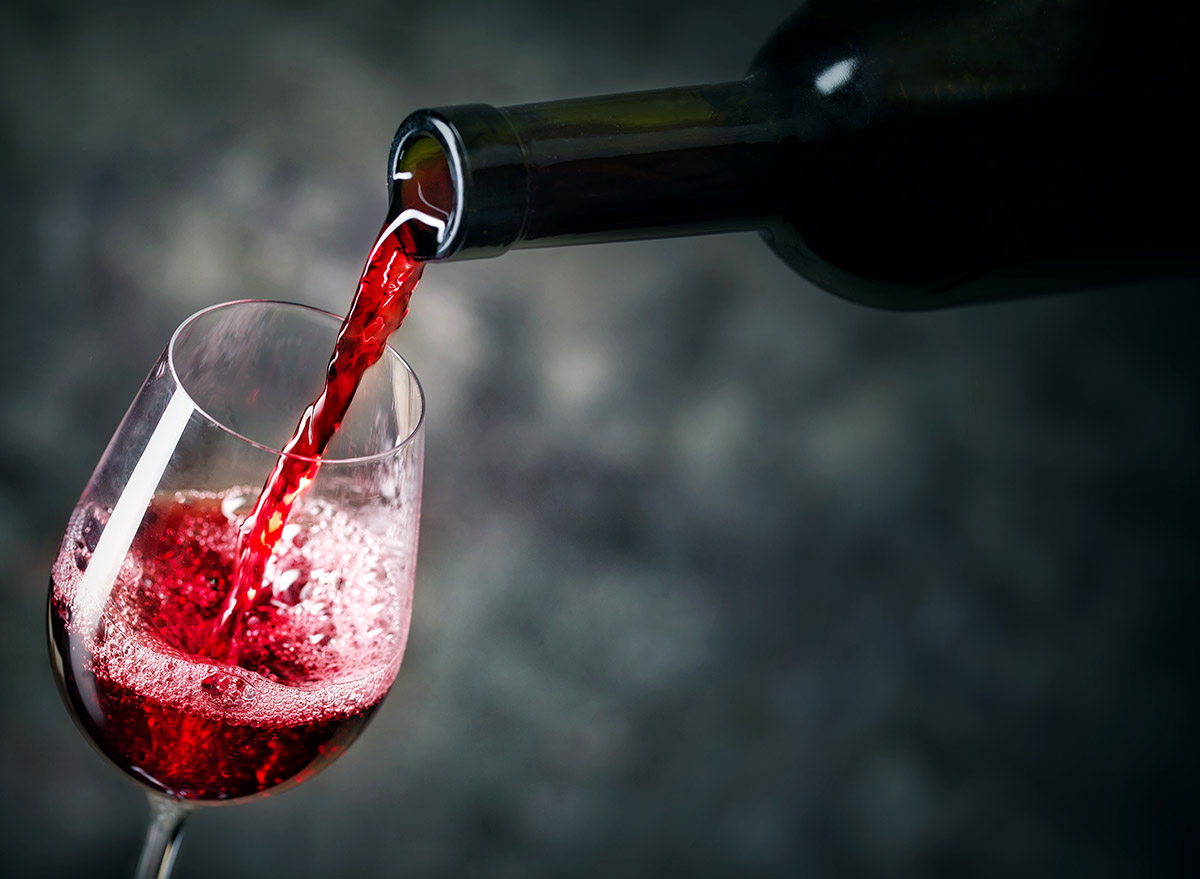Popular Drinks You Should Avoid, According to the Mayo Clinic

When you feel parched and ready to enjoy a refreshing beverage, nothing hits the spot like a healthy golden turmeric tea, a glass of milk, or a classic glass of water. While we have a range of refreshing, wholesome drinks at our disposal, we sometimes get a craving to crack open a soda or indulge in a sugar-filled smoothie. While these drinks have truly earned their delicious reputation, they can do some long-term damage to our health.
While few could argue that an occasional diet soda or bottle of sports drink could derail your day, drinking too many of these problematic thirst-quenchers could lead to a world of eventual hurt. Luckily, the Mayo Clinic provides solid guidance when we need to figure out which drinks to avoid and what they can do to our bodies in the long run. With a bit of their advice, we can stay hydrated while knowing exactly what not to overindulge in.
Read on to learn which popular drinks the Mayo Clinic recommends to avoid, and for even more healthy drinking tips, be sure to read up on our list of the 108 Most Popular Sodas Ranked by How Toxic They Are.
Fruit Juice

While you might believe fruit juice packs in a ton of vitamins and minerals, the high sugar content of this drink makes this beverage particularly tricky to navigate. Many bottles of juice we commonly find on shelves rely on a watered-down concentrate mixed with water to form the beverage, and contain as much sugar as a soda due to added sugar content and the naturally high amount of sugar found in fruit.
Doctors recommend that children severely limit their juice intake per day thanks to the incredibly high sugar content and eating an orange with a glass of water provides more nutrients than drinking a glass of orange juice with pulp. Next time you reach for some juice, take a moment and keep the sugar count of this drink in mind. Here are 10 Fruit Juices to Always Leave on Grocery Store Shelves.
Energy Drinks

You may love the pep you can get from a can of our favorite energy drink, but these beverages combine sugar and stimulants into a cocktail that proves dangerous over time. The Mayo Clinic already warns that young adults should stay away from these drinks, as they raise the risk of heart disease and cause blood pressure spikes.
The caffeine content found in each can can’t do anyone any favors, and has the potential to stress out our nervous system. Factor in the high sugar content wrapped up in each serving, and you end up with a beverage you should work towards limiting in your weekly eating plan.
For a full breakdown of the worst drinks for our health, make sure to check out the 50 Unhealthiest Drinks on the Planet.
Diet Soda

If you have to drink a soda, you should opt for a diet soda, right? While experts have found that this type of soda doesn’t cause cancer or harm anyone through artificial sweeteners, diet sodas also can’t help you if you want to stick to a healthy diet.
Experts have found that like their sugary counterparts, diet sodas also have the potential to cause obesity and may present a variety of unstudied health issues, making them a tricky drink to navigate if you have one too many. When in doubt, switch this drink out for a glass of water or tea for a refreshing change of pace when a craving strikes.
Sports Drinks

While nothing gets us hydrated and restored after a workout like our favorite sports drinks, too many of these pick-me-ups could undo all of your gym progress. Like juice and energy drinks, sports drinks pack in as much sugar as a can of soda, making them a challenge to enjoy if you need to watch your carb intake.
If you love to exercise, don’t ditch the sports drink just yet. The Mayo Clinic recommends certain sports drinks over water, but not all of these beverages are created equal. Sodium, sugar, and potassium all play important roles in this beverage. Make sure your preferred drink doesn’t exceed 450 milligrams of sodium, 30 grams of sugar, and 225 milligrams of potassium in a 24-ounce bottle.
High Fructose Smoothies

Smoothies can do some wonders for any eating plan, especially if you want to sneak in some extra nutrients into your diet. While your custom smoothies can help you live a healthier lifestyle, not all smoothies can claim to boost your health. High fructose smoothies pack in more sugar than needed due to high fruit content which can pack on some unnecessary weight compared to a smoothie that mixes vegetables, fruits, and healthier ingredients together.
These high fructose smoothies can do even more damage if they replace an entire meal, delivering poor, unbalanced nutrition. By triple-checking what goes into each drink, you can avoid any long-term negative effects of the beverage and stick to the nutritional straight and narrow.
For the ultimate list of fat-busting smoothies, you need to check out The 25 Best-Ever Weight Loss Smoothies.
Red Wine

We have heard that red wine can offer up some amazing health benefits, but switching to this alcoholic beverage to gain these benefits could prove detrimental in the long run. According to the Mayo Clinic, researchers found a correlation between moderate red wine consumption and improved heart health. Before we reach for our glasses, you should know that you can glean the same health benefits by eating red grapes without suffering any of the health effects of indulging in alcohol, like developing heart issues or weight gain.
While initial studies seem promising, red wine currently has the same general net positives and negatives as drinking beer or spirits and you can get the same health benefits with no risk by enjoying the nutritional ingredient, resveratrol, in the form of grapes. You don’t have to ditch the red wine if you love a glass or two every now again, but don’t assume it keeps you healthy either.
Get even more healthy tips straight to your inbox by signing up for our newsletter!








